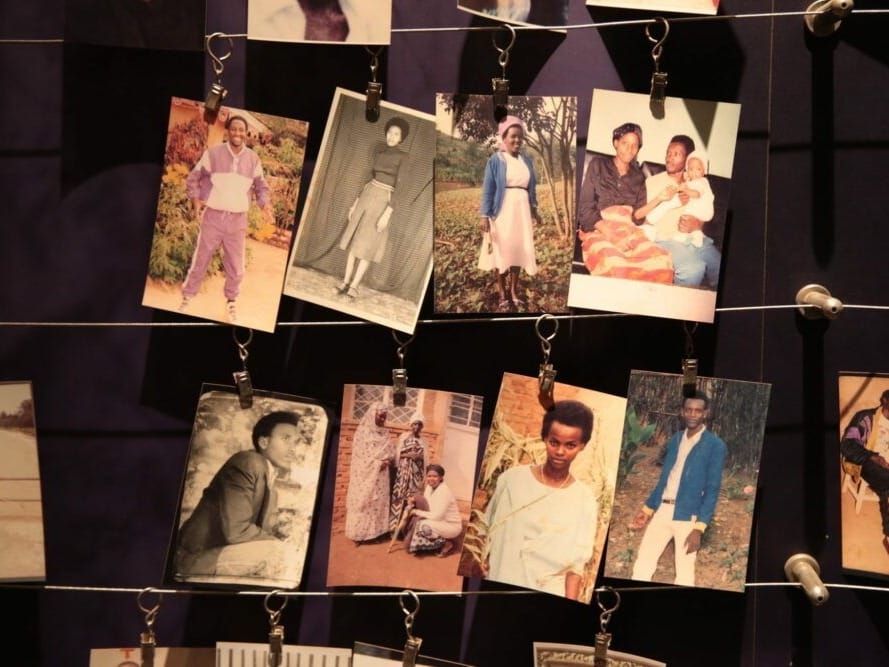The chief prosecutor for a United Nations tribunal emphasized on Rwanda's 25th anniversary of its harrowing genocide that the work of bringing perpetrators to justice has not yet been completed.
Eight fugitives remain at large from the 1994 genocide, said Serge Brammertz, a Belgian jurist who is chief prosecutor for the International Residual Mechanism for Criminal Tribunals.









